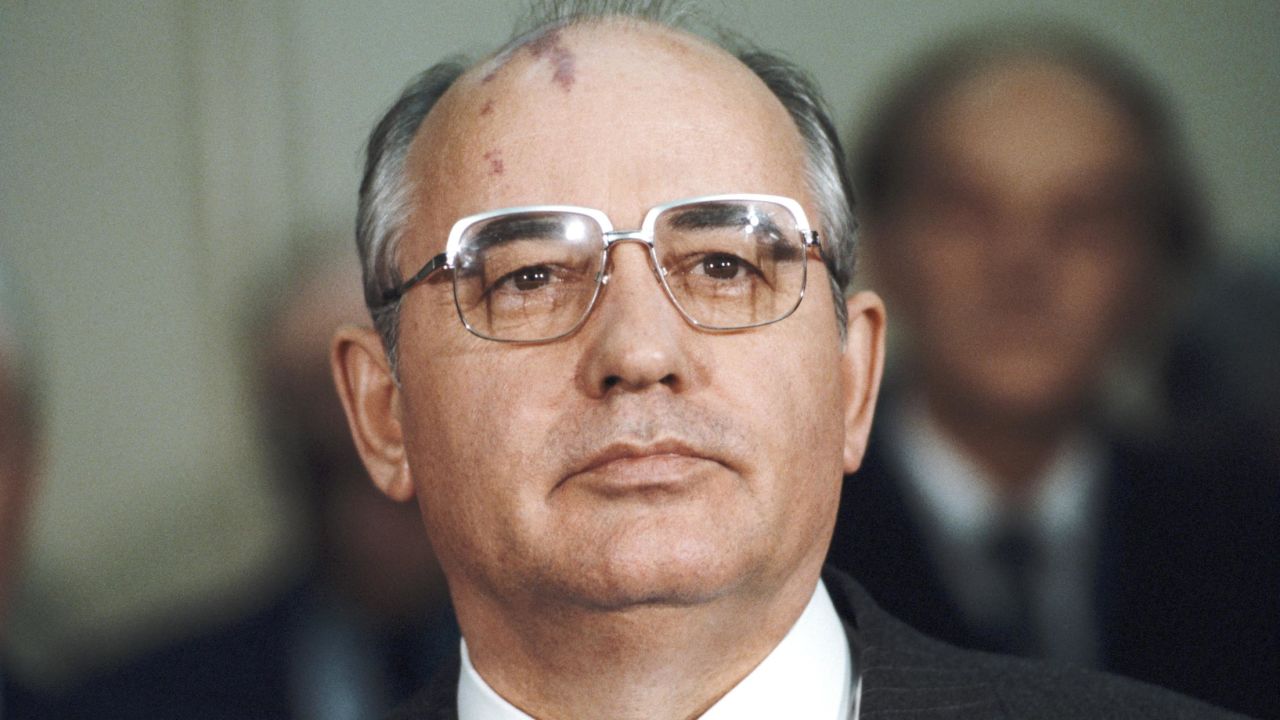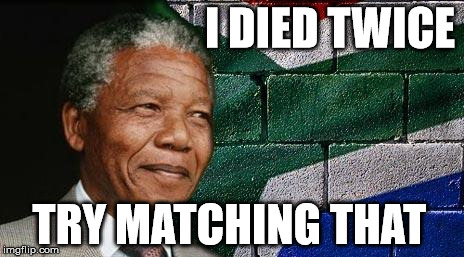
Mikhail Gorbachev – the last leader of the former Soviet Union from 1985 until 1991 – has died at the age of 91.
Gorbachev died after a long illness, Russian state news agencies reported.
“Mikhail Sergeevich Gorbachev died this evening after a severe and prolonged illness,” the Central Clinical Hospital said, according to RIA Novosti Tuesday.
The man credited with introducing key political and economic reforms to the USSR and helping to end the Cold War had been in failing health for some time.
With his outgoing, charismatic nature, Gorbachev broke the mold for Soviet leaders who until then had mostly been remote, icy figures. Almost from the start of his leadership, he strove for significant reforms, so the system would work more efficiently and more democratically. Hence the two key phrases of the Gorbachev era: “glasnost” (openness) and “perestroika” (restructuring).
“I began these reforms and my guiding stars were freedom and democracy, without bloodshed. So the people would cease to be a herd led by a shepherd. They would become citizens,” he later said.
‘A man one can do business with’
Hoping to shift resources to the civilian sector of the Soviet economy, Gorbachev began to argue in favor of an end to the arms race with the West.
However, throughout his six years in office, Gorbachev always seemed to be moving too fast for the party establishment – which saw its privileges threatened – and too slow for more radical reformers, who hoped to do away with the one-party state and the command economy.
Desperately trying to stay in control of the reform process, he seemed to have underestimated the depth of the economic crisis. He also seemed to have had a blind spot for the power of the nationality issue: Glasnost created ever-louder calls for independence from the Baltics and other Soviet republics in the late 1980s.
He was successful in foreign policy, but primarily from an international perspective, with other world leaders taking note. Former British Prime Minister Margaret Thatcher called him “a man one can do business with.”
In 1986, face to face with American President Ronald Reagan at a summit in Reykjavik, Iceland, Gorbachev made a stunning proposal: eliminate all long-range missiles held by the United States and the Soviet Union. It was the beginning of the end of the Cold War.
He was awarded the Nobel Peace Prize in 1990 “for his leading role in the peace process which today characterizes important parts of the international community.”
 You are currently viewing our boards as a guest which gives you limited access to view most discussions and access our other features. By joining our free community you will have access to post topics, communicate privately with other members (PM), respond to polls, upload content and access many other special features. Registration is fast, simple and absolutely free so please, join our community today!
The banners on the left side and below do not show for registered users!
You are currently viewing our boards as a guest which gives you limited access to view most discussions and access our other features. By joining our free community you will have access to post topics, communicate privately with other members (PM), respond to polls, upload content and access many other special features. Registration is fast, simple and absolutely free so please, join our community today!
The banners on the left side and below do not show for registered users!






